How does cancer develop?
Cancer is caused by changes (DNA mutations) in cells. The DNA inside a cell is packaged into a large number of individual genes, each of which contains a set of instructions that tell the cell what function to perform, as well as how to grow and divide.

1. Tumors are also divided into 2 types. Benign and malignant tumors.
Benign tumors will grow to a certain extent and then stop. Malignant tumors will grow indefinitely. The excessive growth of cells leads to the level of compression, causing damage to neighboring cells. It won't stop until there's nothing left to break. Worse is when these malignant cells metastasize (migrate) to other areas that are at risk of death such as the brain, heart, lungs, etc.
Cancer is caused by changes in genes that control cell function, especially genes that control cell growth and division.
The researchers found that each cancer cell contains many mutations. There are a number of mutations that can be found in many different forms of cancer. The cancers are similar in histological appearance but respond differently to treatment, and therefore the prognosis is also very different. For example, the group of colorectal cancers without KRAS and BRAF mutations had a better prognosis than the group with mutations in either gene. Therefore, the frequency and types of gene mutations are now commonly used for subgrouping cancer.
2. Cancer complications
Having cancer can cause a number of complications, including:
- Painful feeling. Pain can be caused by cancer or cancer treatment, although not all cancers are painful.
- Tired. Fatigue in people with cancer has many causes, but can often be controlled. Fatigue related to chemotherapy or radiation is common.
- Shortness of breath, nausea.
- Diarrhea or constipation. Cancer and cancer treatment can affect your intestines and cause diarrhea or constipation.
- Weight loss is caused by cancer cells using nutrients from normal cells.
- Metabolic changes in your body. Cancer can upset the normal metabolic balance in your body and increase your risk of serious complications. Signs and symptoms of a metabolic imbalance may include excessive thirst, frequent urination, and constipation.
- Brain and nervous system problems. The tumor can press on nearby nerves, causing pain and loss of function in a part of the body. Cancers involving the brain can cause headaches and stroke-like signs and symptoms, such as weakness on one side of the body.
- Abnormal immune system response to cancer. In some cases, the body's immune system may respond to the presence of cancer by attacking healthy cells. Called paraneoplastic syndromes, these very rare reactions can lead to a range of signs and symptoms, such as difficulty walking and seizures.
As cancer progresses, it can spread (metastasize) to other parts of the body. People who are treated after cancer are still at risk of recurrence. You will need advice from your doctor so that you can come up with a follow-up care plan. This plan may include routine scans and checkups during post-treatment to look for cancer recurrence.
3. Can cancer be prevented?
Usually, there is no way to completely prevent the risk of cancer. But doctors have identified several ways to reduce cancer risk, such as:
- Quit smoking. Smoking, whether active or passive, is linked to several types of cancer - not just lung cancer. Not only you but those around you need to stop smoking will reduce the risk of cancer in the future.
- Avoid excessive sun exposure. Harmful ultraviolet (UV) rays from the sun can increase the risk of skin cancer. Use protective clothing or apply sunscreen if you must go outside.
- Eat a healthy diet. Choose a diet rich in fruits, vegetables, whole grains, and protein to boost your health.
- Regular exercise reduces the risk of cancer
- Maintain a healthy weight. Being overweight or obese can increase the risk of cancer. Therefore, achieving and maintaining a healthy weight should be through a combination of a healthy diet and regular exercise.
- Cancer screening. Talk to your doctor about the best cancer screening tests based on your cancer risk factors in everyday life.
- Vaccination. Immunizations can help prevent certain types of cancer-causing viruses.
Any questions you have should be answered by a specialist.
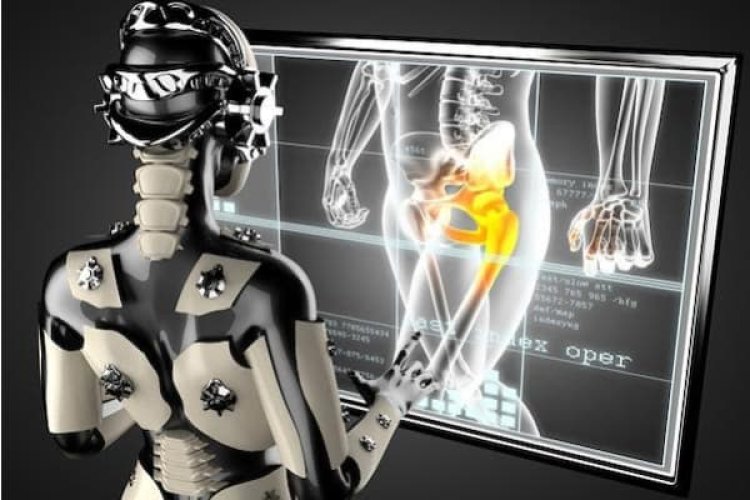
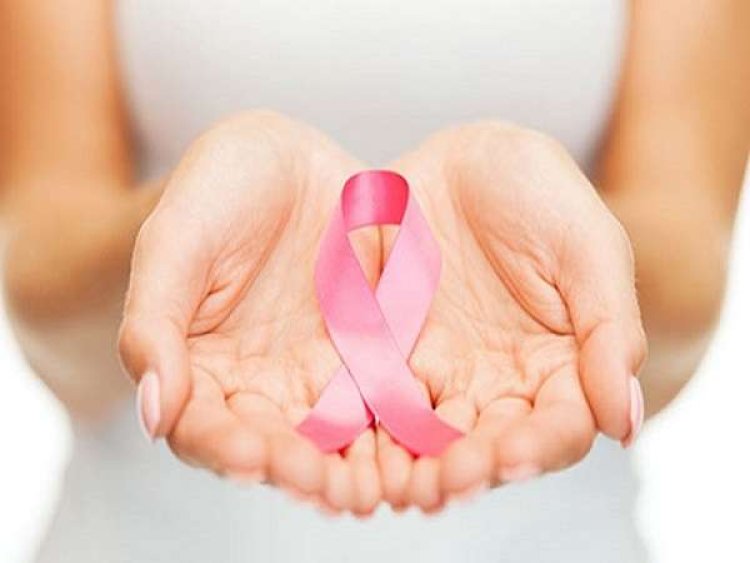


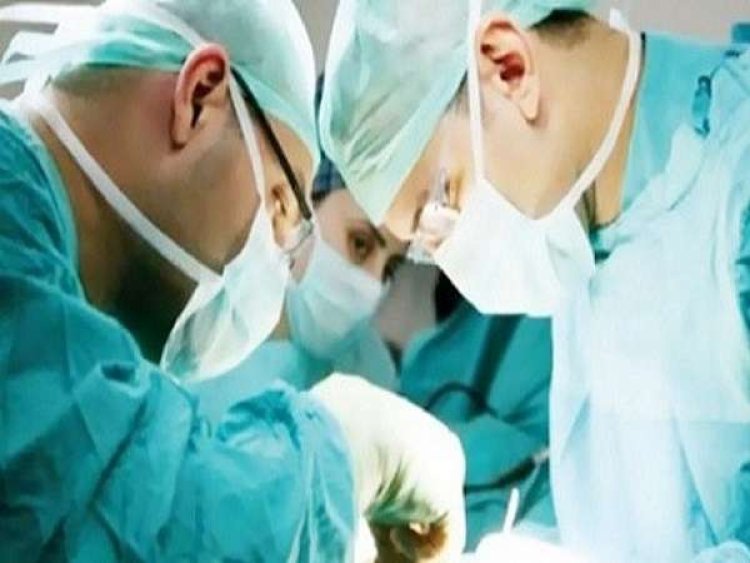
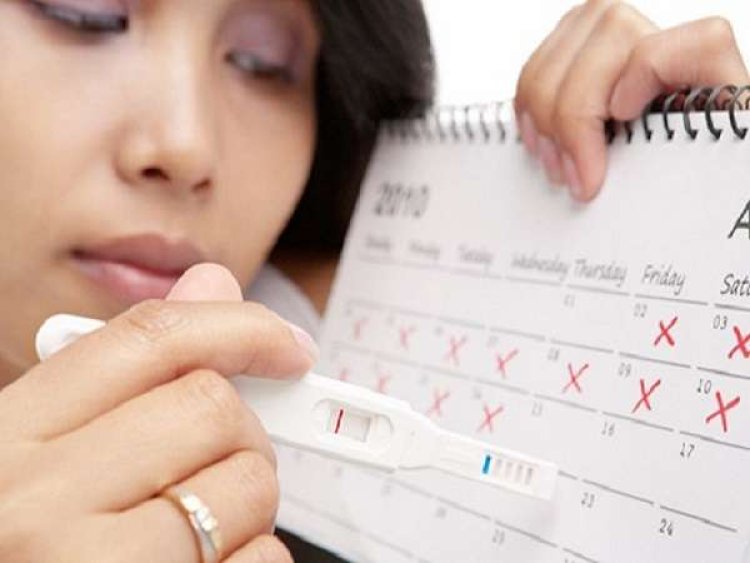
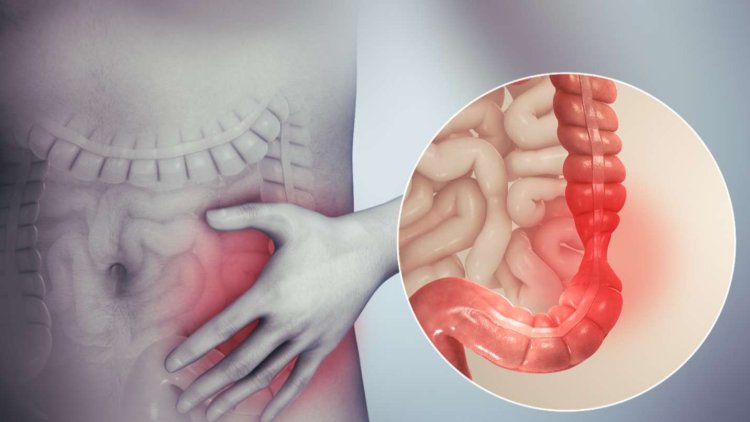
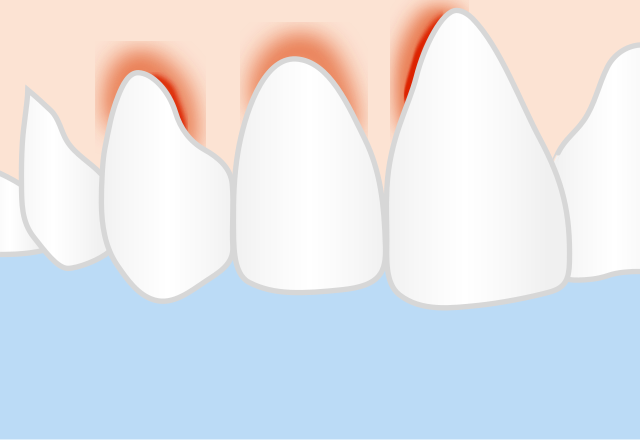




.jpg/640px-Ripe_bitter_melon_(Momordica_charantia).jpg)


